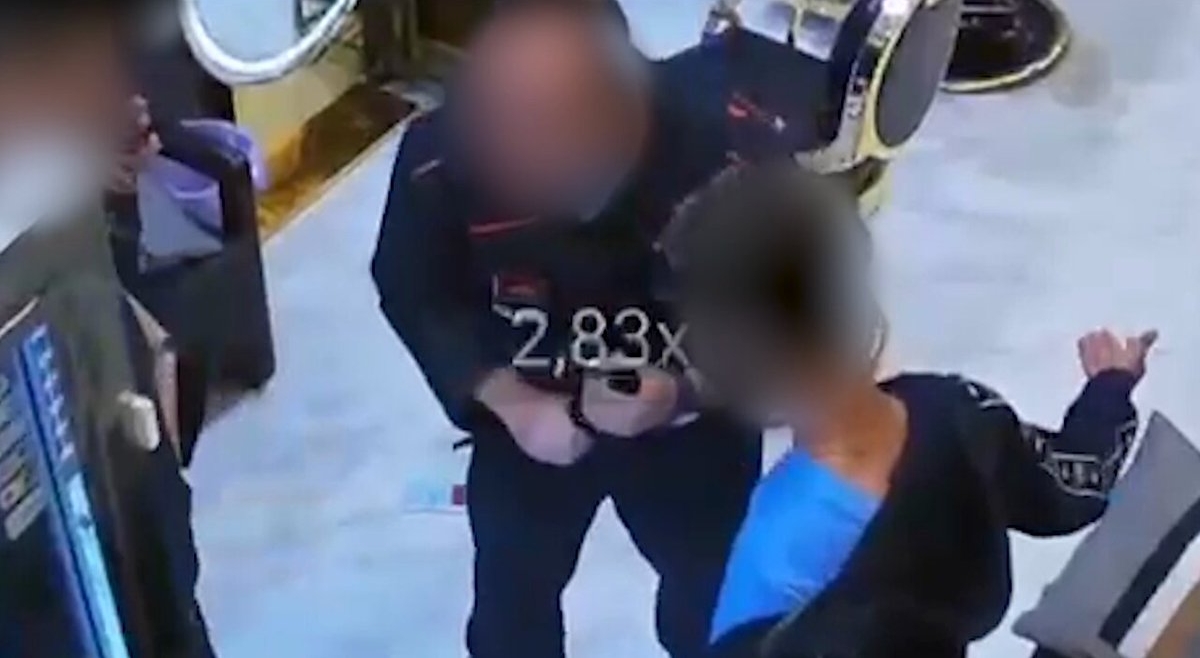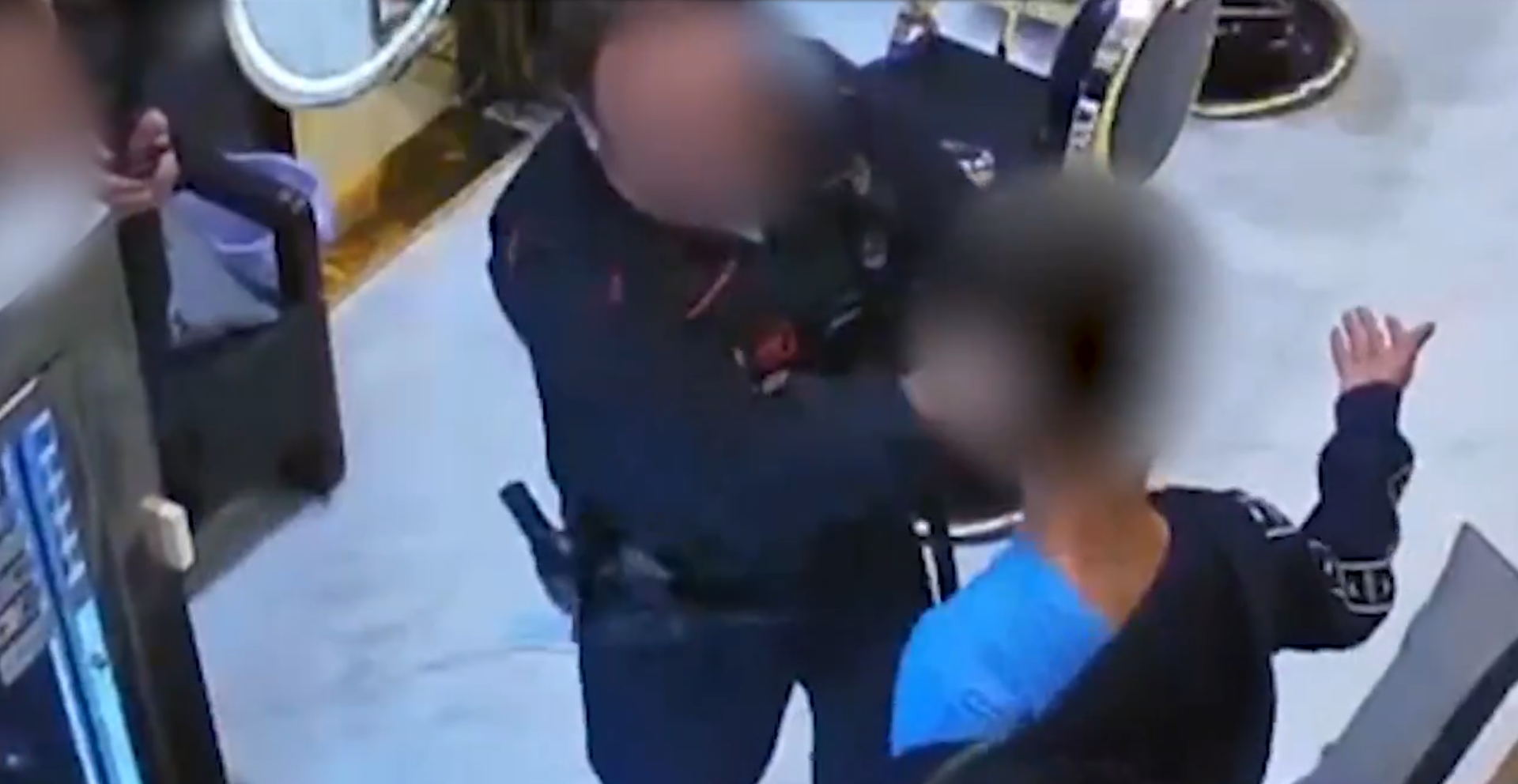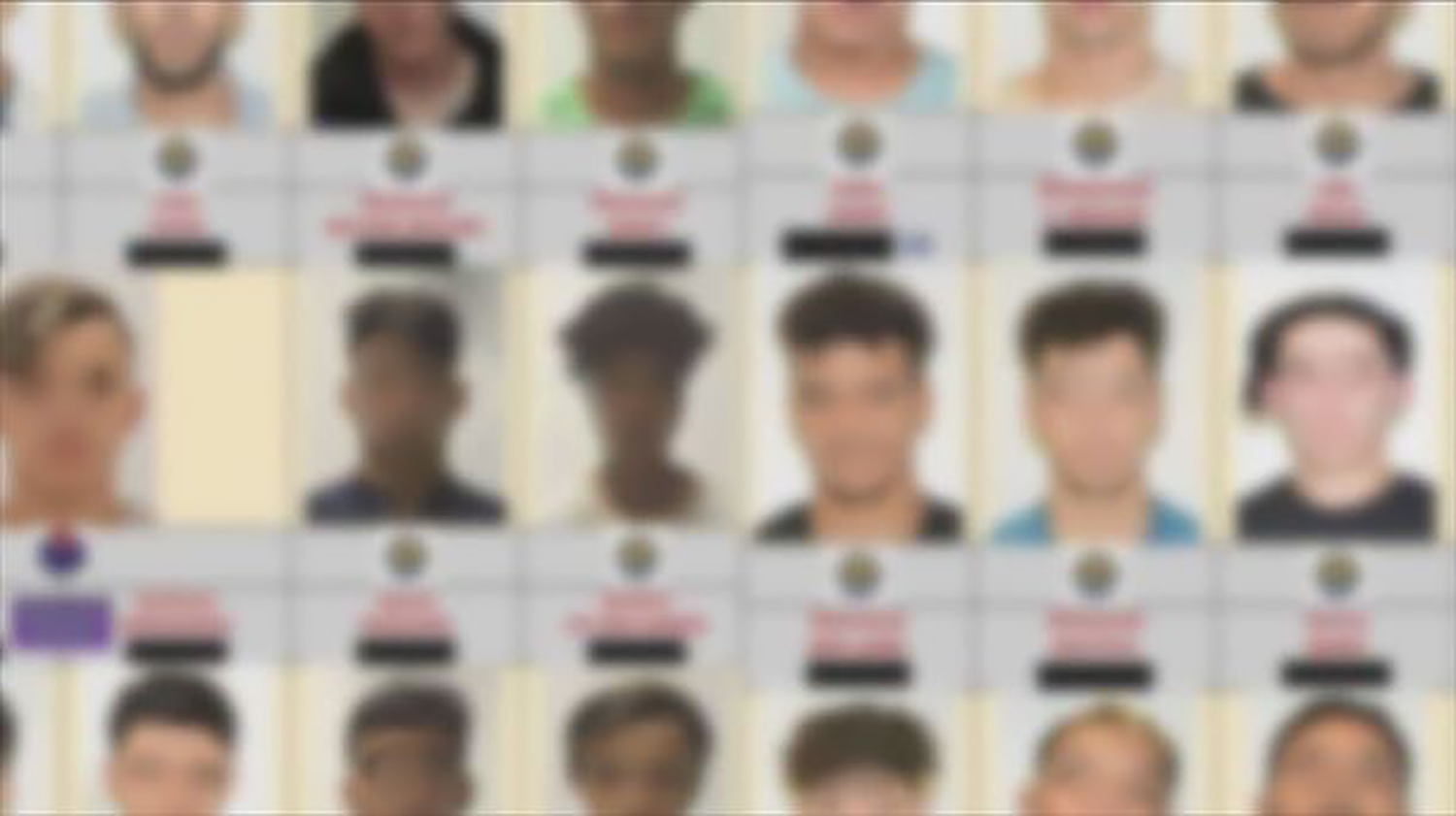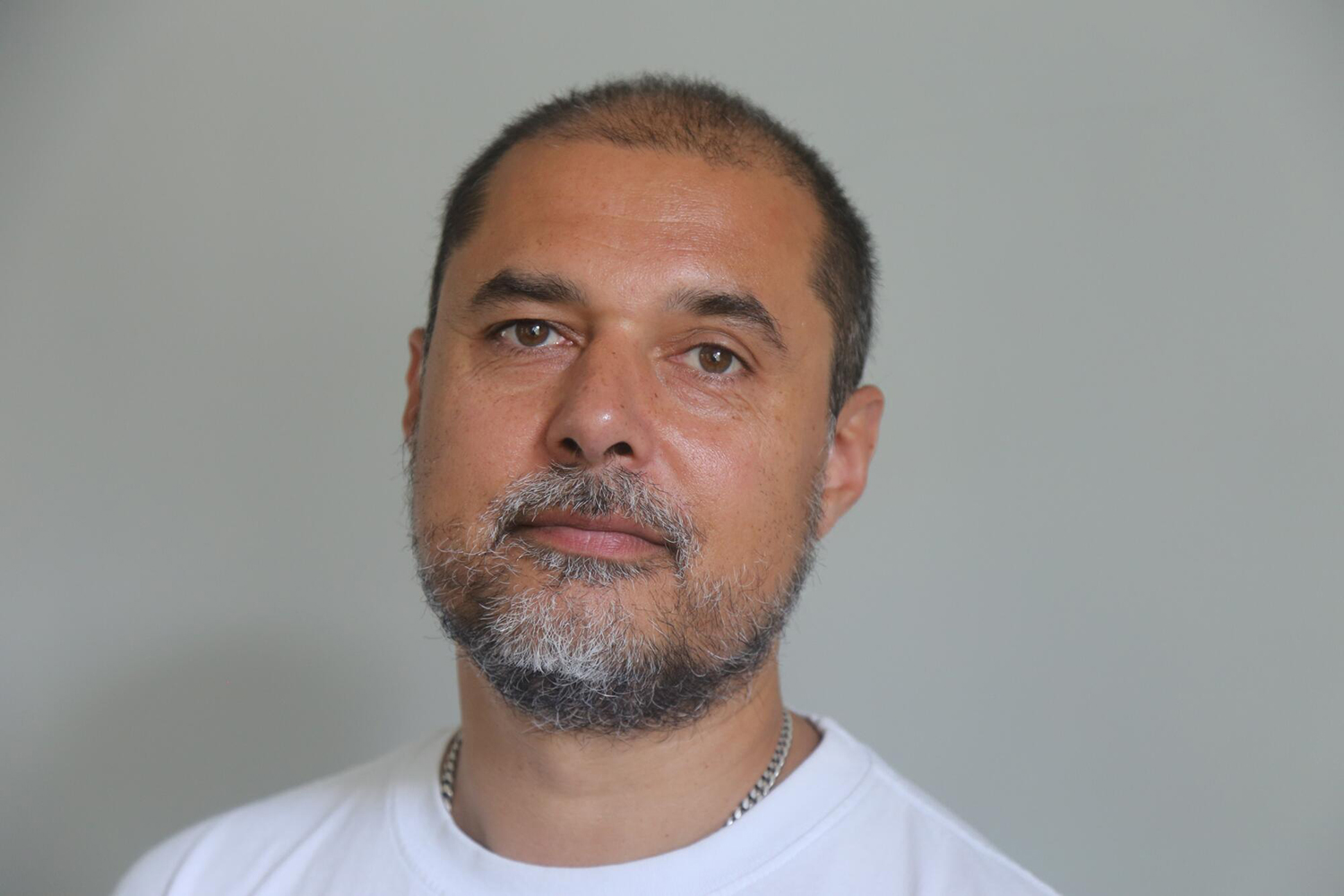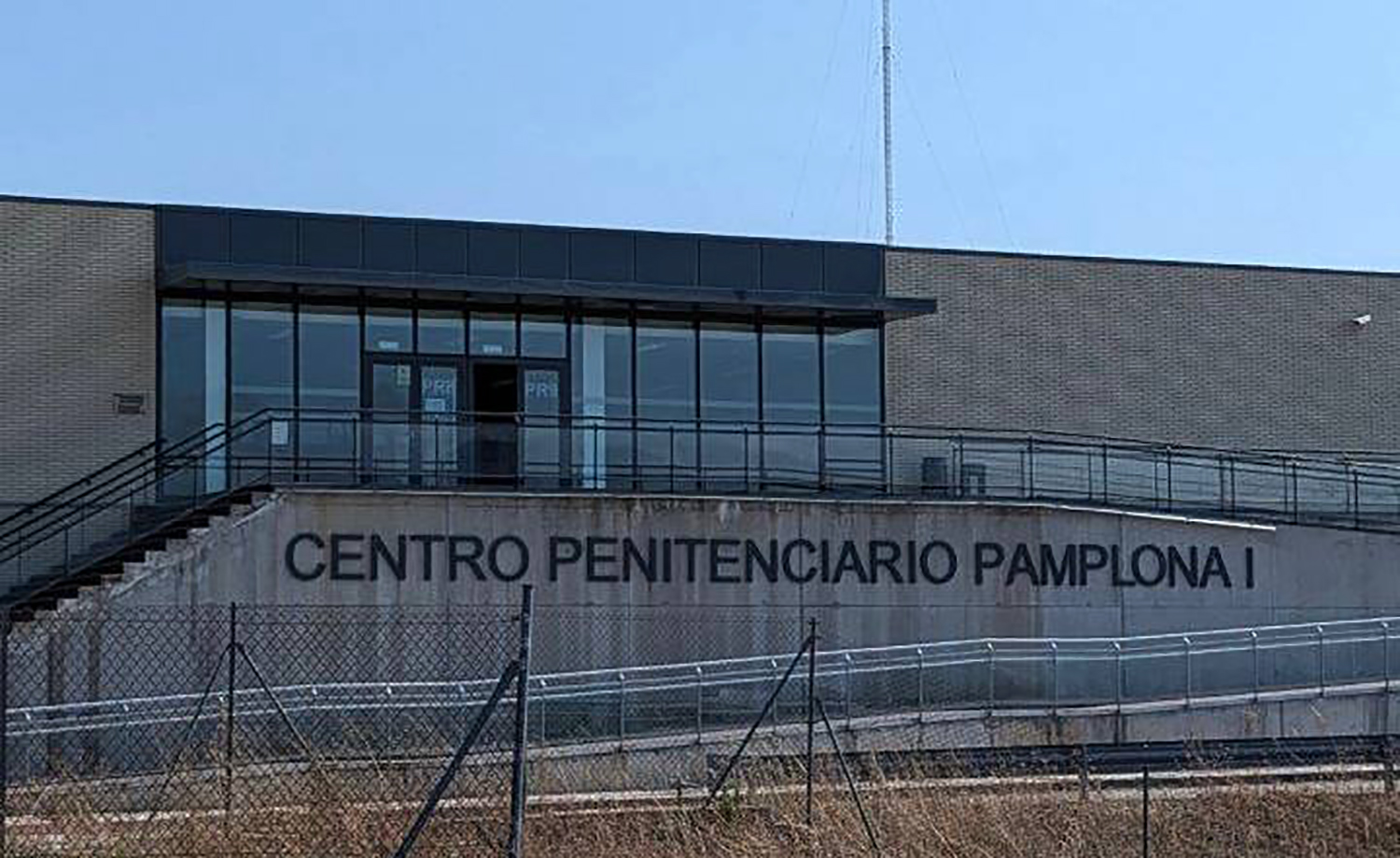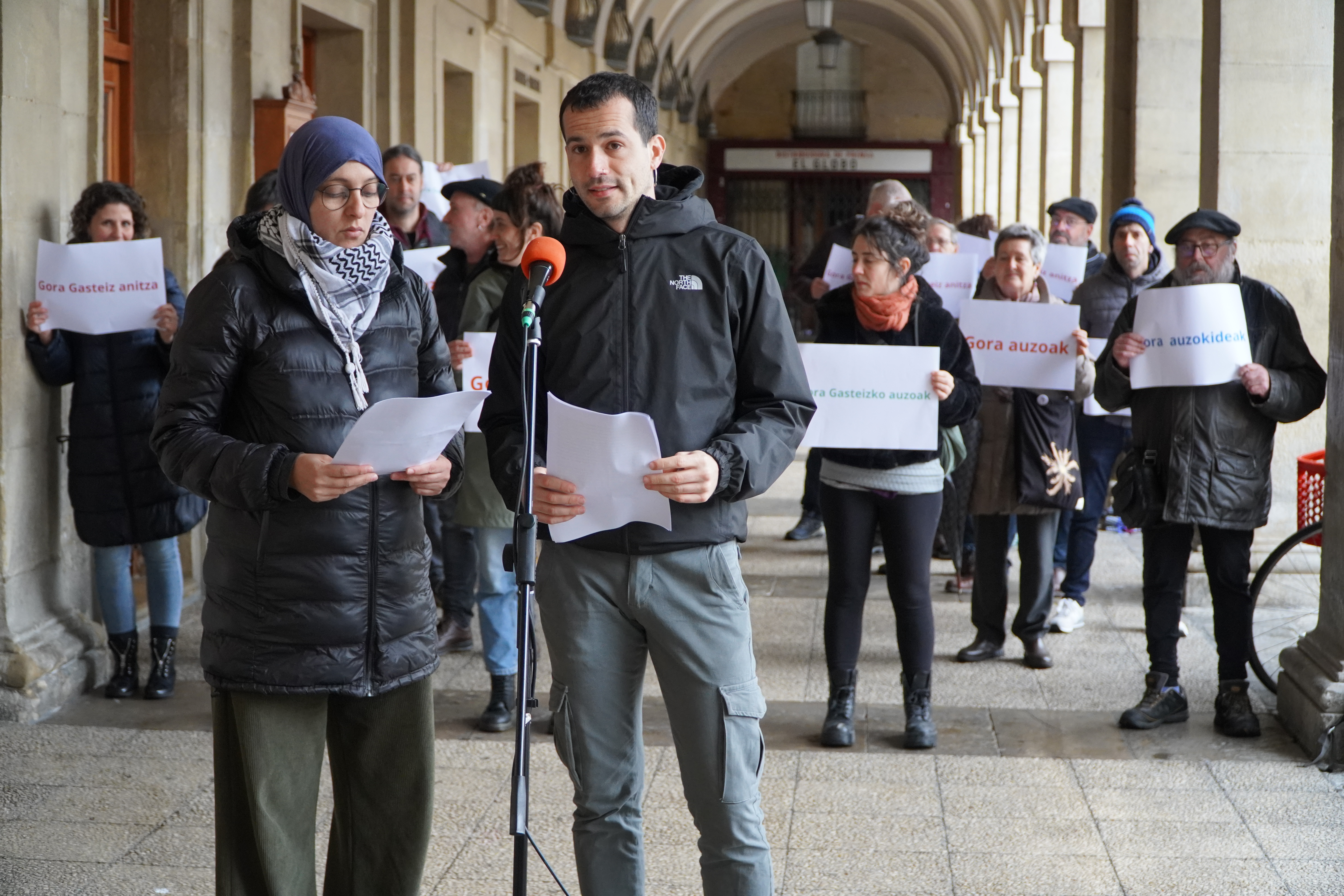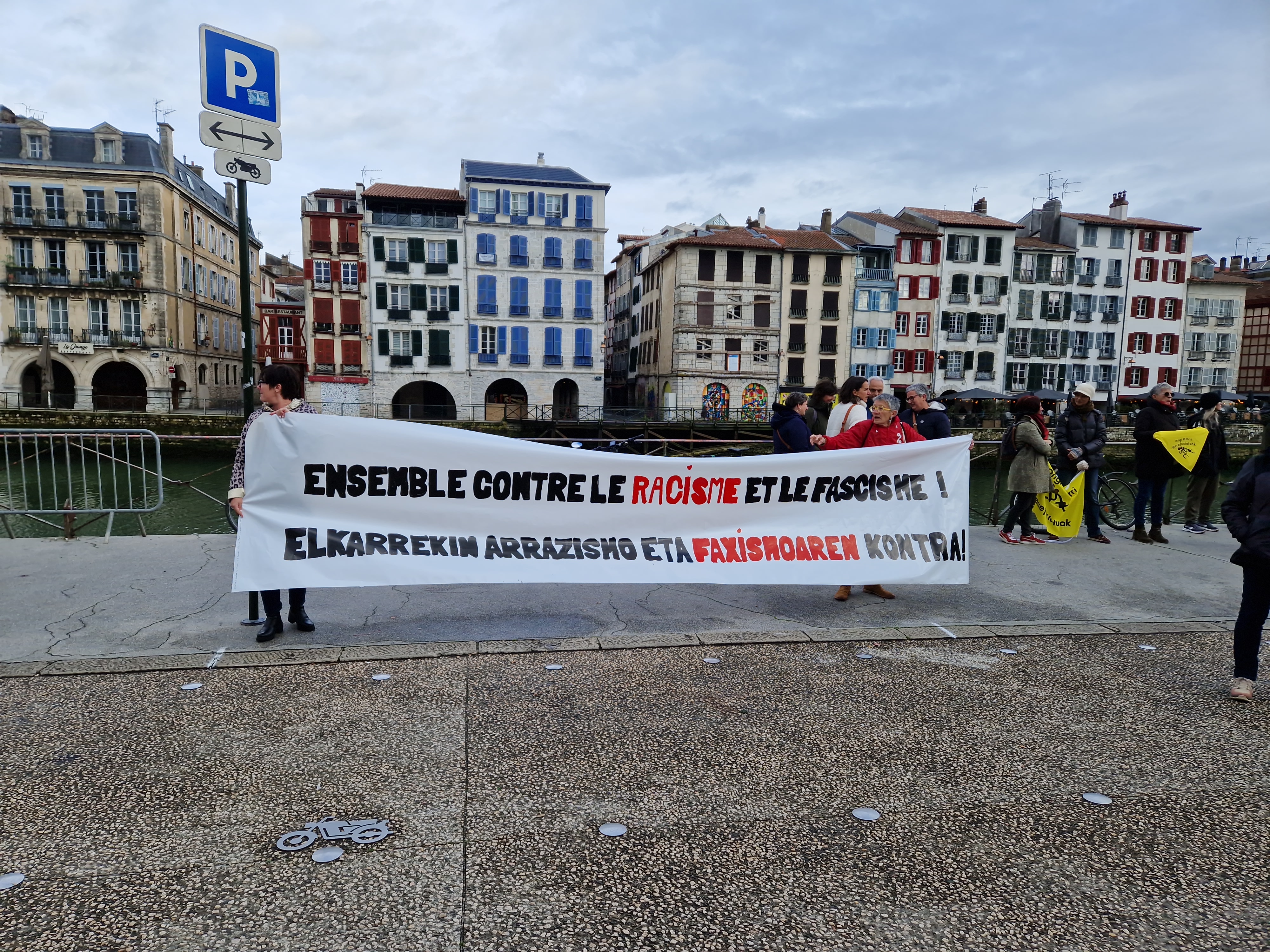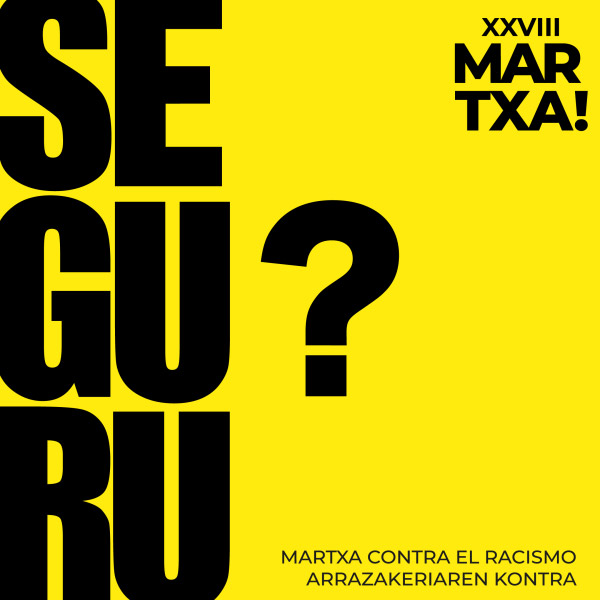Hate crimes for racism and homophobia have doubled in the CAPV in 2020
- The Ertzaintza recorded in 2020 a total of 241 hate crimes, twice as many as the previous year, when 105 cases were counted in 2019. Of these, 48.5% (117 cases) were racist or xenophobic, 21% (50 cases) were related to sexual orientation and sexual identity, 12% (29 cases) to functional diversity and 10% (24 cases) were ideology and political orientation.

Today, 31 May, the Basque Parliament presented the Euskadi Report on Hate Events 2020. The work, led by Jon Mirena Landa and Enara Garro from the UPV/EHU, analyzes the 241 hate crimes recorded by the Ertzaintza last year.
Hate crimes are skyrocketing and racism and homophobia are focused on
Most hate crimes committed in 2020 have been racist: In total, 117 cases (48.5% of all hate crimes) have doubled compared to the previous year, when 61 more cases have been recorded than in 2019. The most affected groups are Arabs (29 cases, 25 per cent of all racist or xenophobic attacks), Blacks (24 cases, 20.5 per cent), persons assaulted by nationality or origin (25 cases, 20.3 per cent), Latinos (17 cases, 14.5 per cent), Gypsies (9 cases, 8 per cent) and Asians (1 case, 1 per cent).
The second most persecuted group is related to sexual orientation and sexual identity, with 21 per cent of hate crimes recorded (50 cases). There has also been a significant increase here, as there have been 37 more cases than in 2019. The groups most affected were gays (31 assaults) and transgender (10 assaults), and lesbians (3 assaults).
In the conclusions section, the report notes that hate crimes related to functional diversity have increased considerably in 2020: There have been 29 cases, 12% of all crimes, and 23 more cases than in 2019. Among these, those who committed the most hate crimes were those with mental disabilities (9 cases, 31% of total assaults for functional diversity), followed by those with physical disabilities (5 cases, 17%), those with mental disabilities (4 cases, 14%) and those with sensory disabilities (4 cases, 14%).
Ideology and political orientation were underpinned by 10 per cent of hate crimes (24 cases), which also had a significant increase: 33%, 6 more cases.
7 per cent of the crimes (16 cases) were related to the sex of the victim and the remaining 2 per cent were related to sociophobia (2 cases), age (1 case), anti-Semitism (1 case) and religious beliefs and practices (1 case).
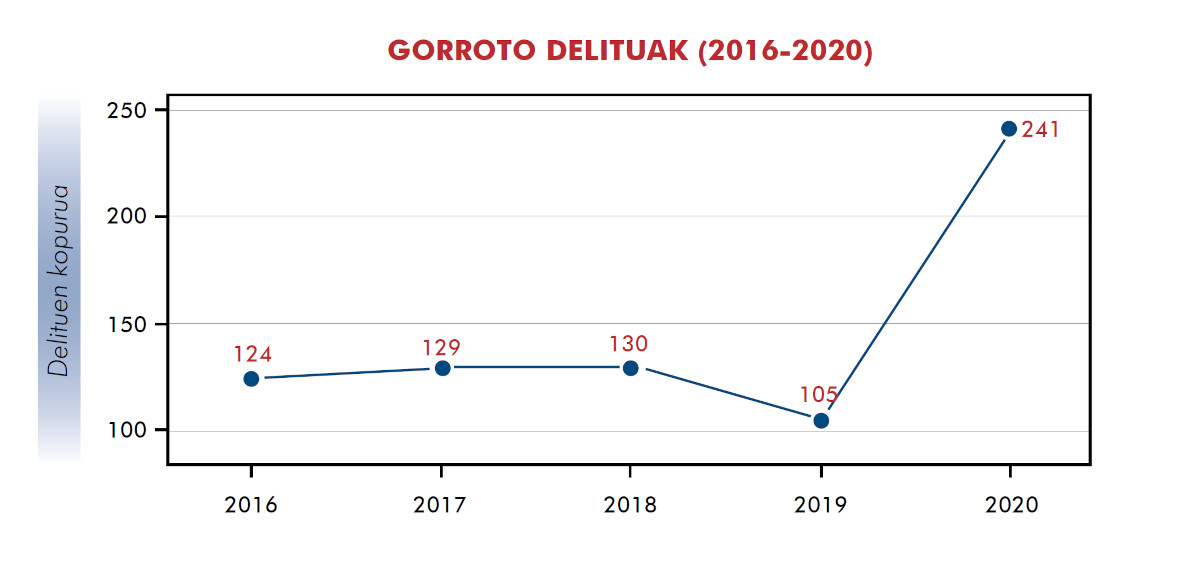
Assaulted on the street and at home
In 2020, most hate crimes occurred on the street (38.6%) and, in many cases, in the environment where the victim lived. 25% of the cases occurred at home. Only 8% of the cases occurred in hospitality, leisure or similar premises, according to the report, "due to the restrictions imposed as a consequence of the pandemic". Almost in the area of hospitality and leisure, so many hate crimes have been committed on the Internet in 2020, representing 7.5% of all cases.
The Basque men, the most attacked and aggressors
According to the cases analysed by this report, 59 per cent of the victims (203 persons in total) were men and 41 per cent (143 persons) were women. Originally, most Basques, 150. The mean age of the victims was 28 years.
Most of the imputed persons are men (115, 72.5% of the total), while the number of imputed women is 44 (27.5%). Most of the Basques that have suffered this aggression of origin are Basques, with a total of 86, 85 per cent of the total. The average age of the aggressors was around 37 years, according to the same sources.
Segurtasun falta dagoen irudipena handitu dela azaldu du Eustaten azken txostenak. Gurean, Trapagaranen, Segurtasuna orain, delinkuenteen aurka manifestaziora deitu dute herritar batzuek.
Bi izan dira sentsazio hori zabaltzeko arrazoiak. Batetik, udalak Udaltzaingoaren... [+]
Hainbat kolektibo daude Gasteiz Anitzaren atzean. Egoera larrien aurrean "soilik poliziaren esku hartze gehiago" eskatzen duen eta "eskubideen urraketei entzungor" egiten dion ereduaren aurrean, beste praktika eredu bat egiteko saiakera dela adierazi dute... [+]
Hirurehun bat pertsona hurbildu ziren jende katea osatzeko Marengo eta Pannecau zubien artean.
Trintxerpen hasi eta Donostian bukatu da hainbat kolektibok deitutako XXVIII. Arrazakeriaren Kontrako Martxa.
Hurrengo ariketa egin ezazu zure lantokian, euskaltegian edo gimnasioan:
Altxa eskua Minneapoliseko George Floyd nor den dakizuenok.
Altxa eskua Madrilgo Mame Mbaye nor den dakizuenok.
Altxa eskua Barakaldoko X nor den dakizuenok.
Mame Mbaye manteroa duela zazpi urte... [+]
1960ko martxoaren 21ean, Hegoafrikako Poliziak 69 lagun hil zituen apartheidaren kontrako manifestazio baketsu batean. Ordutik, egun hori Arrazakeriaren eta Xenofobiaren Nazioarteko eguna ospatzen da, aldarrikapenez beteta. SOS Arrazakeriak urtero gai ezberdin bat lantzeko... [+]
Lau turistak eraso zieten jatorri pakistandarreko hainbat langileri, Lekeitioko Gazte Asanbladak salatu duenez.








